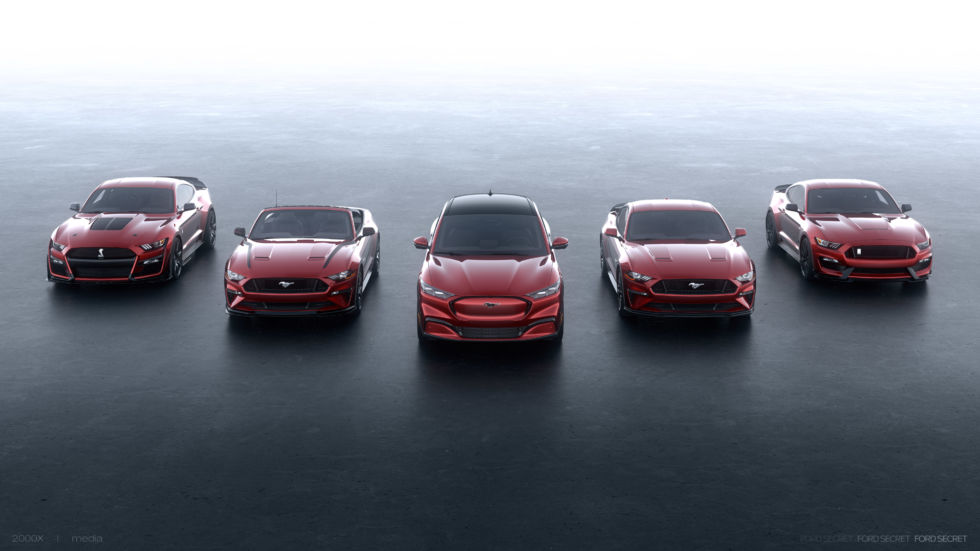-

Ford wanted its first long-range EV to be unambiguously a Ford, so it decided to make it a Mustang. [credit: Ford ]
LOS ANGELES—The electric car market is about to get extremely interesting. After what feels like an interminable wait, the battery EV may soon finally cross over from curio to the big time as a slew of new models arrive in 2020. Each targets the all-important crossover buyer, and all in roughly the same $40,000 to $60,000 price range. After slurping up most everyone's sporty sedan sales, Tesla will start shipping the Model Y. Volkswagen will reveal its ID.4 on Tuesday at the LA Auto Show, and the MEB-based BEV is destined for US production in Chattanooga, Tennessee. Volvo's excellent XC40 crossover is getting a big-old battery pack and shares its tech with the exciting Polestar 2. And then there's the Ford Mustang Mach-E, which made its formal debut at a live-streamed event on Sunday evening.
Compliance car to Mustang
It was a contentious move, using the Mustang brand. It wasn't the plan, either—not at first. Originally Ford was working on what it openly described as "a compliance car," one built simply to meet incoming emissions rules in the US and Europe. But in 2017 it threw out those plans, putting together an internal skunk works called Team Edison with a brief to reimagine the project. Its goal was to design a BEV that could only be a Ford, and there's little that's more iconically Ford than the galloping pony.
In just over a year, and with heavy reliance on VR instead of clay models, Team Edison pulled at the shape to get away from a more generic take on the crossover. The main electric motor moved from the front of the car to the rear. The wheelbase grew by 8.5 inches (216mm), and the dash-to-axle ratio was lengthened. The A-pillar was pulled back toward the rear of the car, lengthening the hood line, and there's a clever visual trick with the roof rails that really works to place the Mach-E within the Mustang family when you see the car in profile or from the rear three-quarter angle.
Read 12 remaining paragraphs | Comments
from Ars Technica https://ift.tt/2CQ0iTR



No comments:
Post a Comment